Bad relationships from the past can leave a bitter aftertaste.
We often carry unnecessary emotional baggage that may cripple our future relationships as well. But if we shift our perspective and take our experiences from bad relationships as a positive thing, there are a lot of valuable life lessons to be learned from them.
Are you struggling over and over with bad relationships? Are you unhappy because you are wasting time on all these losers and wonder if you will ever find the right one?
Don’t give up!
There are a lot of lessons to be learned from bad relationships, lessons that will set you up for success when you find the right person.
What kind of lessons? Let me tell you…
7 Valuable Lessons To Learn From bad Relationships
1) What red flags look like.
If you are not familiar with the term ‘red flags’ let me explain.
Red flags are signals that there is something bad ahead. Sometimes they are clear and sometimes they are not. Often times we ignore them. And when we do, disasters happen.
What might a red flag look like?
Some are subtle. Perhaps he talks about his ex a lot, or he has a bad relationship with his mother. Perhaps he hasn’t been able to hold down a job. Perhaps he refuses to talk about anything difficult.
Some are more obvious. Perhaps he states that he doesn’t want a serious relationship or that kids are out of the questions. Perhaps he tells you that that male friend of yours has to go.
The thing about red flags is that often we see them and we ignore them or justify them away. Hopefully, bad and failed relationships will help you to recognize that those red flags can be accurate and that, if you had only paid attention to them in the beginning, you could have spared yourself a whole lot of pain.
Read 10 Ways Your Instincts Are Telling You That You’re Stuck In A Bad Relationship
2) What not to do.
One lesson that can be
s is what NOT to do next time.
Many of us have behaviors that we repeat in every relationship and many of us are in serial bad or failed relationships because of it.
For many people, we tend to personalize things that happen in a relationship. If our guy comes home late, it’s because they don’t love us. If they don’t put away their dirty laundry, they don’t respect us. If they forget our birthday, we just aren’t important to them.
And while in some cases these things might be true, more often than not things that people do have nothing to do with the other person – they have to do with misjudgment and neglect.
So, don’t take things personally – it’s not all about you.
Another thing that people tend to do in bad relationships is to be passive-aggressive and to antagonize.
Instead of confronting an issue head-on, many of us make snide comments on the side, hoping our person will hear our dissatisfaction and act on it. Furthermore, we continue to harp on an issue, cutting a thousand little cuts, to the point that our partner no longer cares about what our concerns are.
These are just two behaviors that derail many relationships. There are others.
Take a good hard look at what your role is in this relationship – bad relationships rarely happen because of one person’s behavior. Figure out what yours are and make a note.
Read 5 Reasons To Choose Being Single, Than Being In a Bad Relationship.
3) That enabling is not supporting.
Have you ever been in a relationship that was struggling and you tried to save it by being supportive?
Many of us, women, in particular, believe that if we can just support our person that the relationship will hold.
If we are patient while our partners work late hours or hold their hands when they feel insecure AGAIN about something that happened at the gym or looks the other way when they have that third vodka after dinner we believe that they will notice us and stay in love with us. And that, maybe, their troubling behaviors will change.
Unfortunately, this ‘supporting’ is really more ‘enabling’ and enabling is not good in any relationship.
If you continue to look the other way when your partner gets drunk or ignores you because of work or yells at you because of their own insecurities, you are telling your partner that their behaviors are ok. And if your partners think their behaviors are ok, they will never change.
If your partner has behaviors that make you unhappy, stop supporting them. Either speak up about them or walk.
Read 7 Life-Changing Things To Learn From A Bad Breakup
4) What traits you do want in a partner.
One of the clearest lessons to learn in bad relationships is what it really is that you want in a partner.
Even as we hold on to bad partners, we do start to see very clearly their shortcomings and we can, therefore, get a sense of what we ideally would want if we were in charge of the world.
I had a guy who I loved but who was desperately insecure, who wanted to please everyone, who had a quick temper, who lived with a ton of fear and who was in and out of jobs. I loved him but I was suffering.
When I finally broke free of that relationship I set out looking for a guy who knew who he was, who was patient and kind and steady. I was very clear about that and did ultimately find what I was seeking.
So, what do you want in a partner? Make a list. Write it down. Refer to it often.
5) That letting go is not giving up.
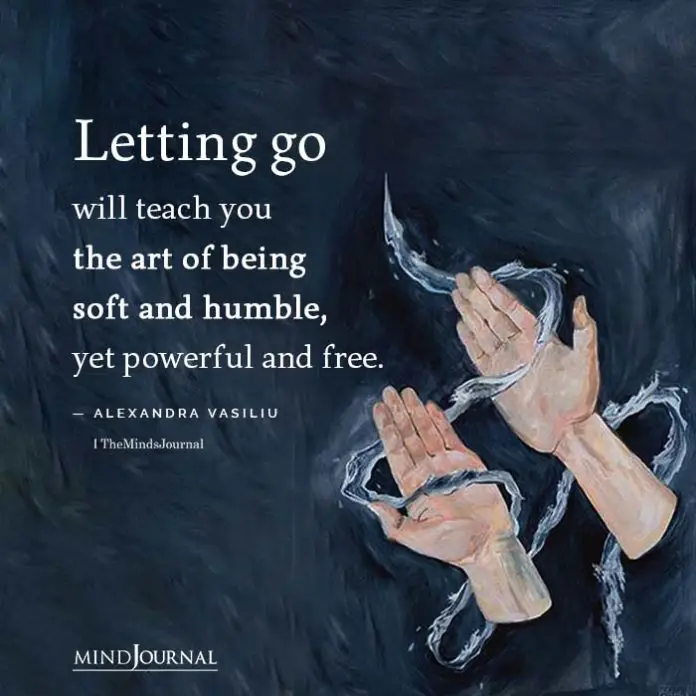
I can’t tell you how many of my clients who are struggling with letting go of love in bad relationships tell me that they aren’t walking away because they don’t want to give up! That they aren’t quitters.
And I always tell them the same thing – that there are two people in a relationship and that as long as you are the only one making the effort, or that the efforts you both are making aren’t working, then it’s not a matter of giving up. You can only control your own efforts – only you can finish that marathon – but you can’t control someone else. It’s not giving up if your partner isn’t giving their all as well.
So, if you are struggling with ‘giving up,’ don’t! Know that you can let go of a love that isn’t serving you and move on with your head held high, knowing that you did your best.
6) How strong you are.
For those of us who survive bad relationships (which, pretty much, we all do in the end) we know how strong we are.
By having the fortitude to let go of a love that wasn’t serving you, you are reclaiming your own power, a power that you might have lost in the struggle that was your bad relationship.
Talk to someone who has escaped from a bad situation and you will see someone who might be sad, perhaps really sad, but someone who feels powerful having been able to do it.
Letting go of bad relationships is incredibly difficult – do it and you will feel stronger than you ever have before.
Read 14 Beautiful Things We Can Learn From Failed Relationships
7 ) That being alone is better than being unhappy.
One lesson that can become very clear when you are in a bad relationship is how much better it might be to be alone than to be with someone who makes you miserable.
There is nothing worse than the day in, day out suffering of being in a bad relationship. You wake up to it, it lives with you throughout the day and is there when you go to bed at night.
Sure, when you are alone you might spend time alone on your couch binge-watching Game of Thrones, but your time is your own. You can do what you want. And, while you might feel miserable that you are alone, I can promise you that it’s not as miserable as you might feel if you spend your days struggling with bad relationships.
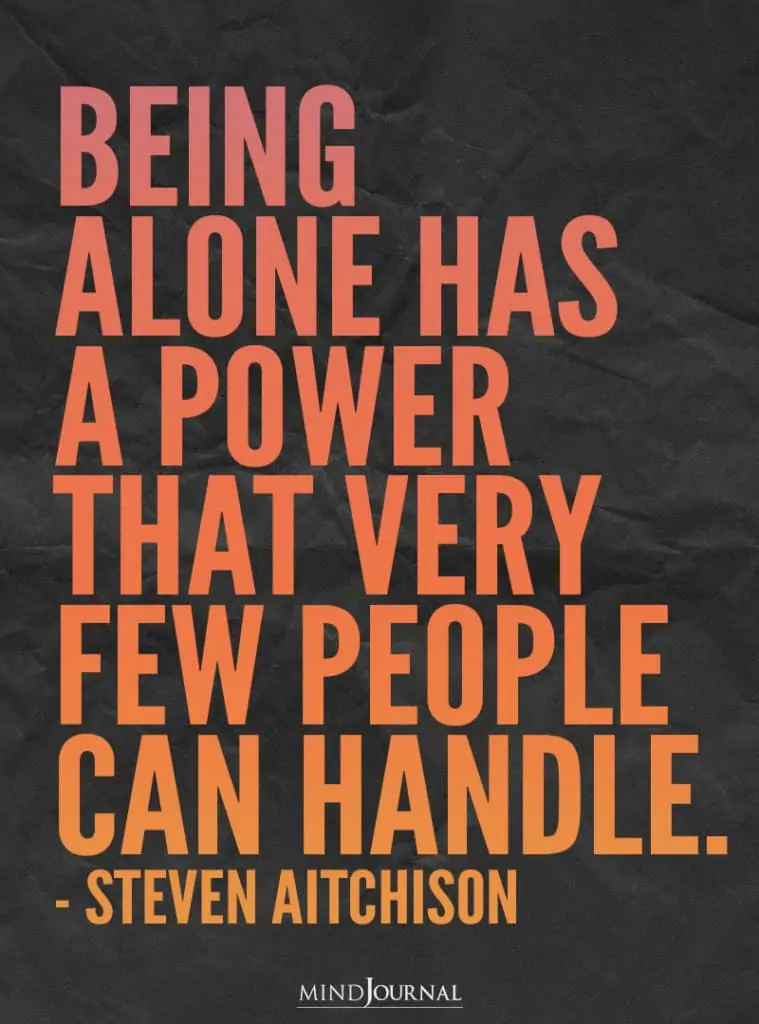
Learning lessons from bad relationships is a key part of finding love and happiness.
The goal is to not repeat history – not at work, not with parenting, not with behaviors, and not with relationships. The goal is to learn from our mistakes and move forward to find success in the future.
So, take a good look at bad relationships that you have had in your life and take inventory of what lessons you have learned so that you can do things differently in the future!
You can do it! True love is out there waiting for you!
What other lessons have you learned from bad relationships?
Written by Mitzi Bockmann
Originally appeared in LET YOUR DREAMS BEGIN
Republished with permission
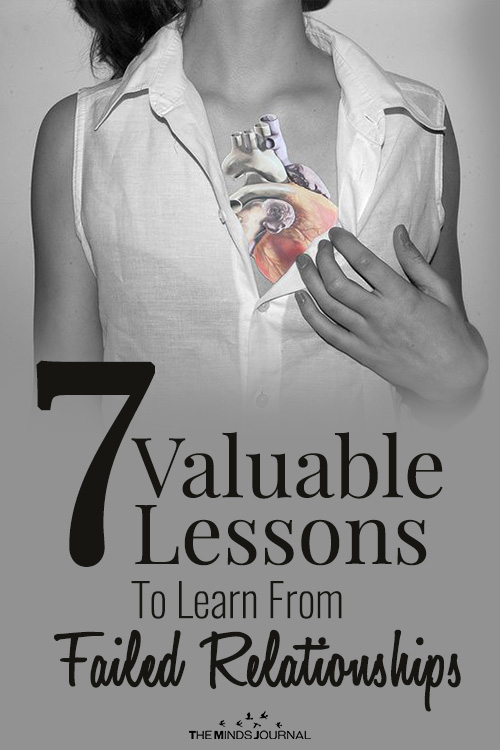
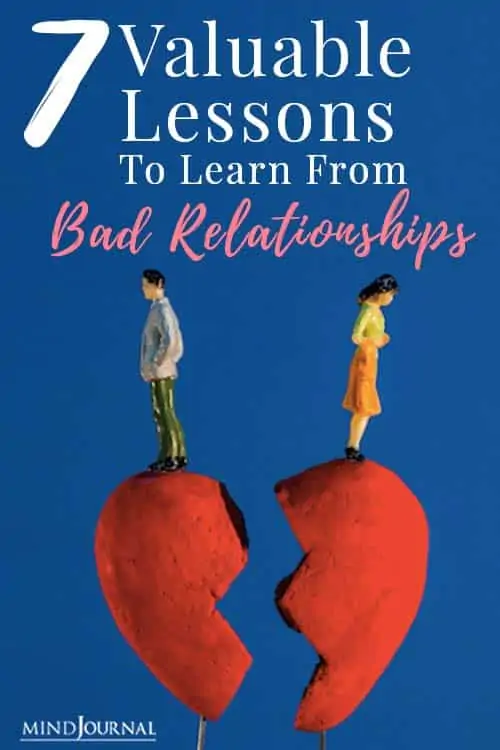
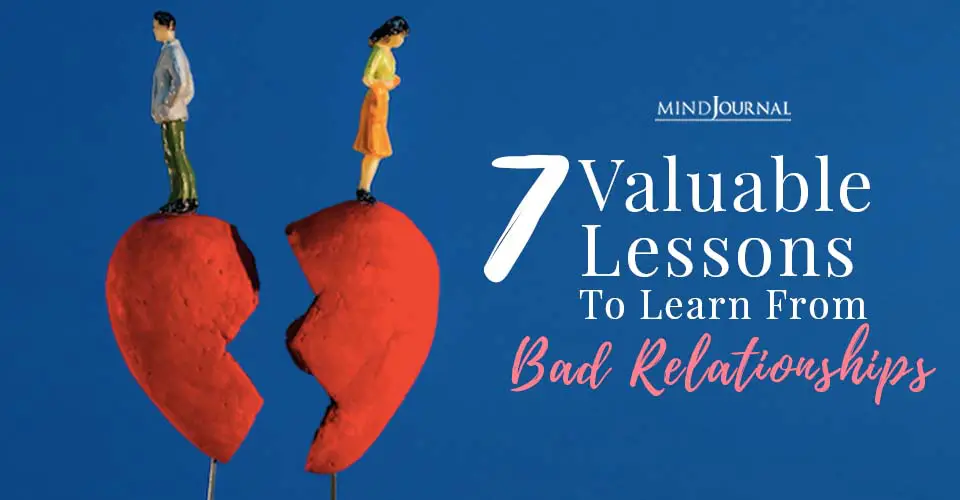
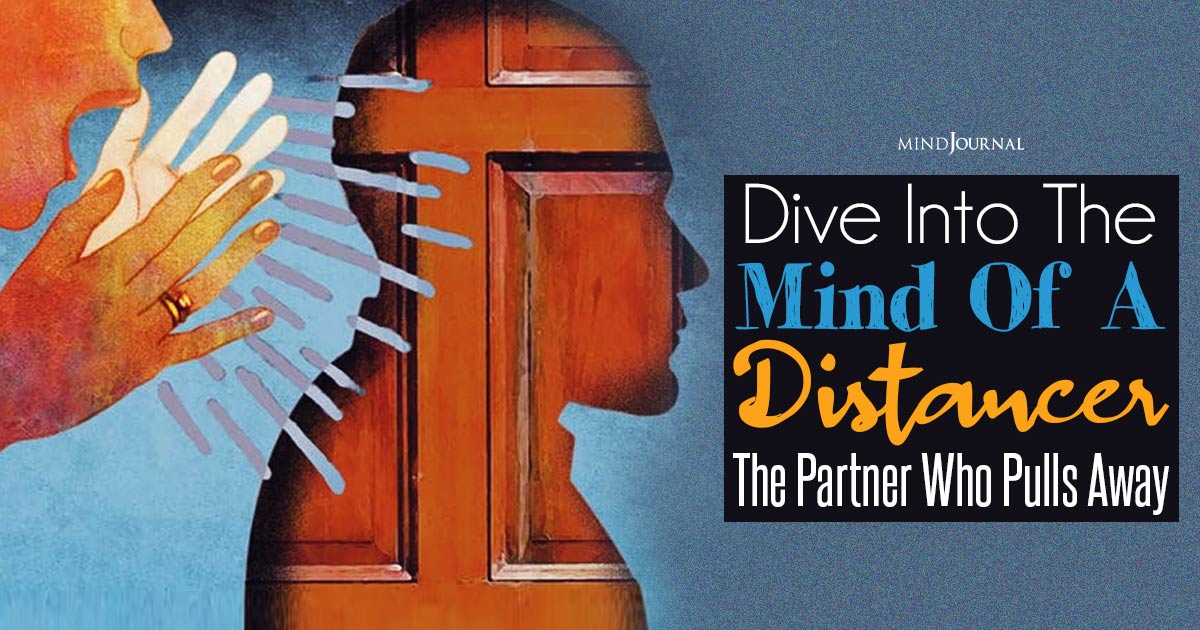


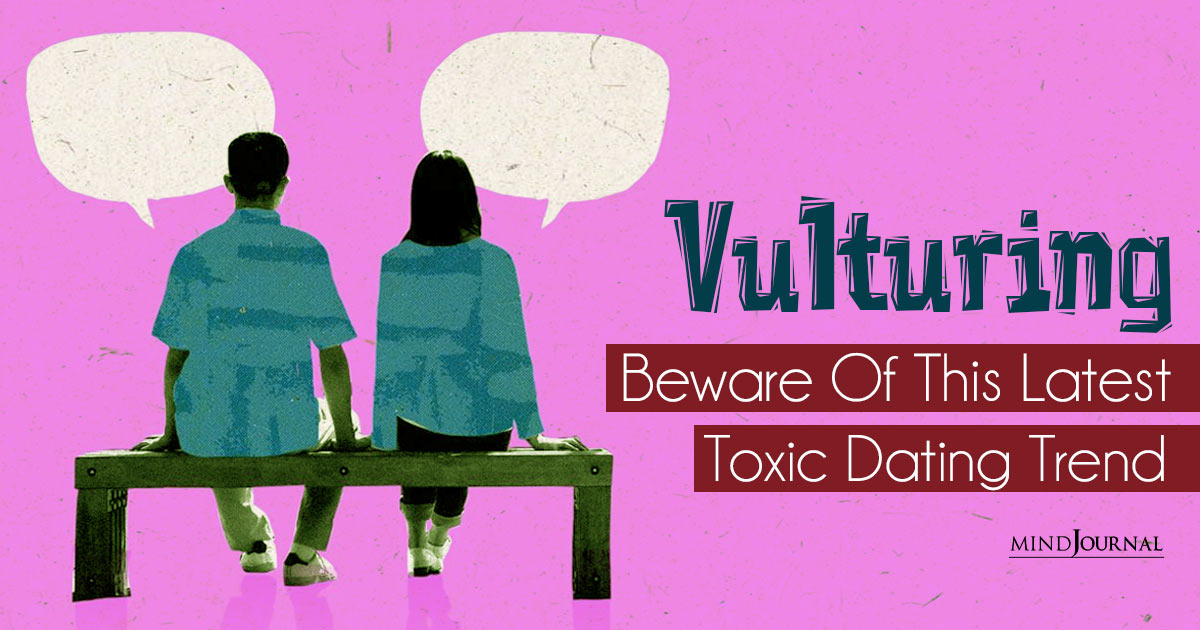
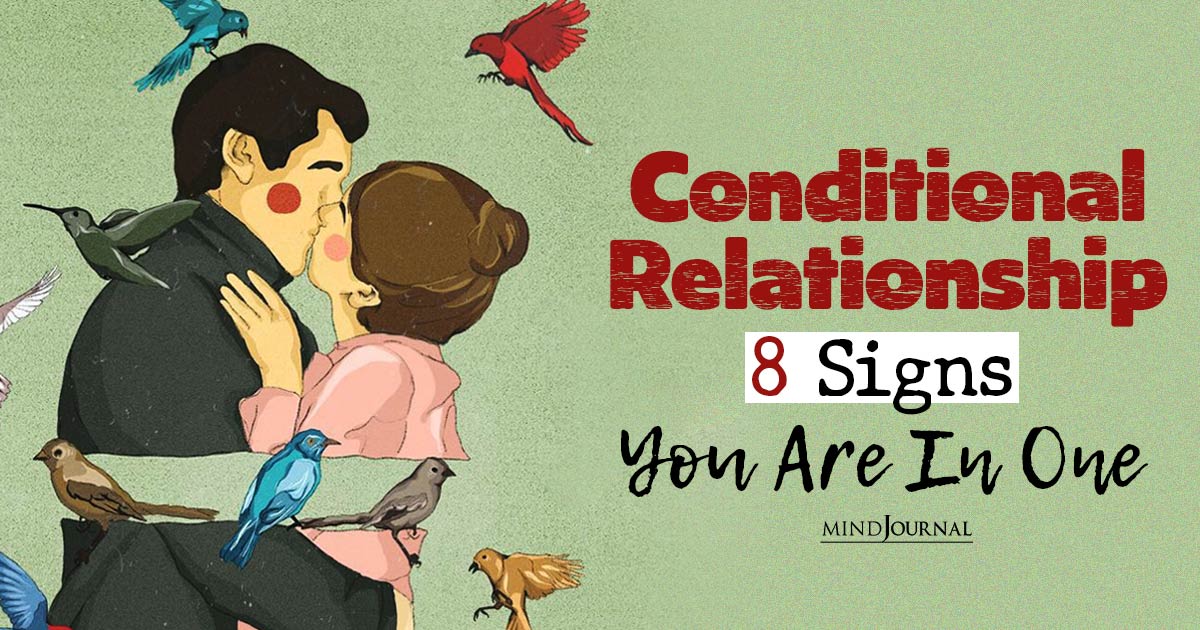


Leave a Reply
You must be logged in to post a comment.